How to Be a Food Bank Influencer
Kristina Wong uses comedy to address inequality in the food system.
Kristina Wong knows that food banks might seem like an unusual subject for a comedy show. “It’s a kind of unsexy topic,” Wong says. “They don’t shoot pornos in food banks, you know?” But in her live show Food Bank Influencer, set to debut in April 2025, the artist and performer has chosen laughter as her medium to shed light on food insecurity in America.
Wong is a Gammage artist-in-residence at Arizona State University. As an actor, comedian, and performance artist, her work blends theater with social activism. Her previous show, Kristina Wong: Sweatshop Overlord, was based on her experience founding a mutual aid network to sew cloth masks for vulnerable communities during the Covid-19 pandemic. When it comes to food banks, “I’m always trying to figure out the humor in how ridiculous this system is, how much we waste,” Wong says. The target of Wong’s jokes is not those who rely on food banks, but the food system itself, and the hypocrisy of having food to go around but not sharing it equitably.
Food Bank Influencer originated from Wong’s relationship with World Harvest Food Bank in Los Angeles, where she evolved from curious customer to collaborator. “I don’t have a personality anymore,” Wong jokes. “I just talk about this food bank.” In 2019, Wong discovered videos online of people sharing how they fed their family on as little as $10 in groceries per week, and found herself thinking of grocery stores in a whole new way. “My finances have always been very lean for most of my life,” she says. “There’s definitely been moments where I’ve had to make decisions that compromise my health in terms of what to eat.”

“We have enough food in this country,” Wong says. “It’s just distributed wrong.” In 2022, the USDA found that food insecurity in America had risen for the first time in over 10 years. The situation has become especially severe since 2023, which saw the end of emergency pandemic assistance for food aid benefits. As of 2023, an estimated one in seven Americans, or 47 million people, rely on food banks to get the groceries they need. “We’re not realizing, as it becomes more and more expensive to live, we’re all falling under this umbrella,” says Wong. But it can be hard to ask for help, or talk about it: which is where Food Bank Influencer comes in.
Wong hopes to make people feel more comfortable sharing their own experiences with food insecurity. In preview performances, held in spring 2024 at universities around the United States, Wong’s candor has encouraged audiences to share their own experiences with food assistance. “A lot of audience members are sharing stories about being on SNAP,” the Supplemental Nutrition Assistance Program, she says. “Feeling ashamed, feeling like they failed, how difficult the process can be to apply for aid.”
After challenging herself to live on $50 of groceries per month, Wong discovered World Harvest and was amazed by what she saw. Unlike the stereotypical food bank that gives out predetermined boxes to customers standing in long lines, World Harvest uses a system that Wong says imparts “so much more dignity.” Customers can shop for what they want, including an assortment of Asian and other international groceries. In exchange for a $55 donation or four hours of volunteer work, customers get a shopping cart full of food. “When you’re poor, you have so few choices as to where you get to live, or what you get to do with your time,” says Wong. “And so the last dignity to be taken is choosing what you put in your body. If you can at least have that back, that’s incredible.”

Wong began volunteering at World Harvest and became friends with founder Glen Curado. She soon started advertising for World Harvest on social media, posting tongue-in-cheek videos in which she introduced the food bank and its model to viewers while showing off her latest groceries in the style of an influencer’s shopping haul. Wong explains that by poking fun at the performative habits of online influencers, she’s trying to “locate joy and glamor in an unglamorous thing. Trying to bring cool and undo shame around the systems that statistically, more and more middle class people are having to use.” During the SAG-AFTRA and WGA strike in 2023, Wong partnered with World Harvest as they offered free groceries to striking Hollywood writers and performers.
Wong’s work with World Harvest led her to other community organizers, including on a Navajo reservation in Arizona. With only 13 full-service grocery stores spread over an area the size of West Virginia, the reservation was interested in establishing a food bank of their own. Lacking access to groceries on the reservation would become the topic of a song parody featured in Food Bank Influencer.
In the early stages of developing Food Bank Influencer, Wong considered a variety of formats, such as an art installation or an interactive selfie museum. Eventually, she settled on “karaoke, and taking popular songs and rewriting them to be about food justice.” Throughout the show, Wong weaves humorous song parodies in between educational PowerPoint slides about food banks around the United States. Wong’s opening number, “Welcome to the Food Bank” is an irreverent version of “Welcome to the Jungle” by Guns N’ Roses. “There’s a song that I’ve been working on called ‘Expiration Dates Are Lies,’ which is set to Britney Spears, ‘Hit Me Baby One More Time,’” Wong adds. Giant hand-sewn fabric food stamps decorate the stage behind her.

“I’ve just been showing slides, going through my thoughts, stopping to sing a song, and asking the audience a lot of questions,” Wong says. And after each performance, “we give away a bunch of food in the spirit of World Harvest.” Wong points out that even after they’ve seen the show, some preview audiences have been reluctant to take what’s being offered. “We always assume it’s someone else” that needs food assistance, she says. “Yet there are a bunch of students in this auditorium who might not have access to enough food and nutrition.”
Wong is currently refining a final version of the show through preview performances. After the premiere at ASU in April 2025, she hopes to pick up more dates at other venues. “I’d like to do it at the food bank,” she says. “Bring small audiences in, sing to them. Have them be in the space.”
Wong’s goal is not only to destigmatize food banks, but to make audiences more aware of the deeper issues that make them a necessity. “This emergency food system, which is supposed to be temporary, is becoming a more and more permanent part of our lives,” she says. “It’s easy to rescue food that’s about to go to a dumpster and give it to somebody. It’s a lot harder to advocate for equity that ensures that people aren’t forced towards an emergency system.”
And in the face of growing challenges in getting Americans the nutrition they need, Wong finds that laughter can be a surprisingly powerful tool. “To me, it’s necessary to find the spaces to laugh,” she says. “So that we can go, ‘Okay, now what are we going to do?’”
Gastro Obscura covers the world’s most wondrous food and drink.
Sign up for our email, delivered twice a week.




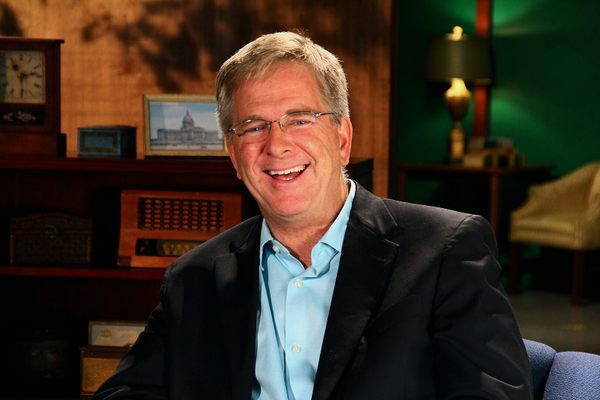



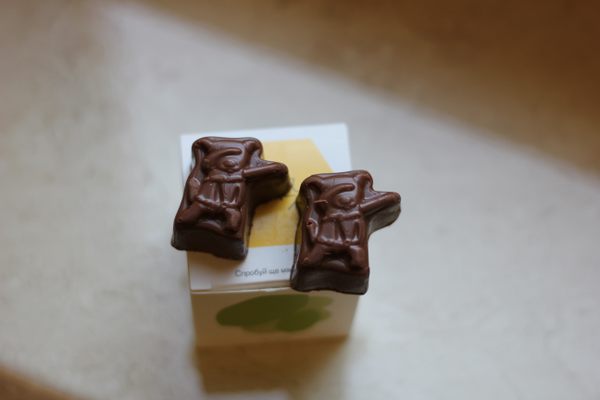
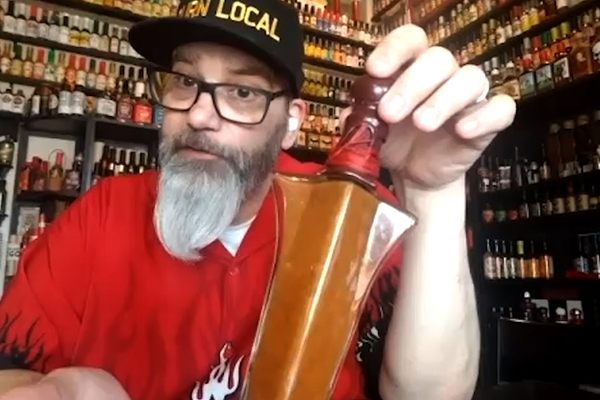
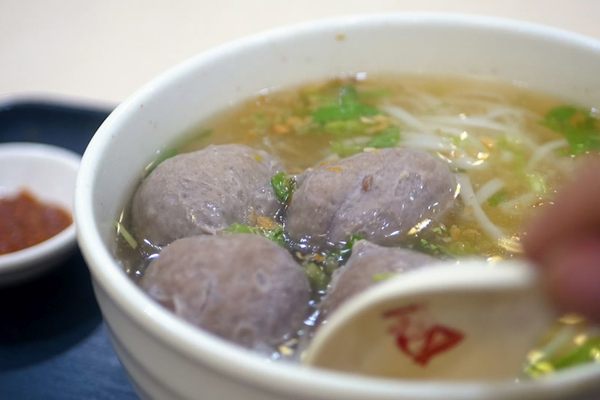

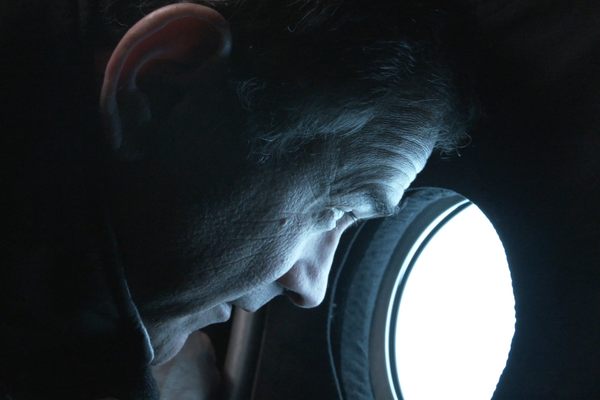
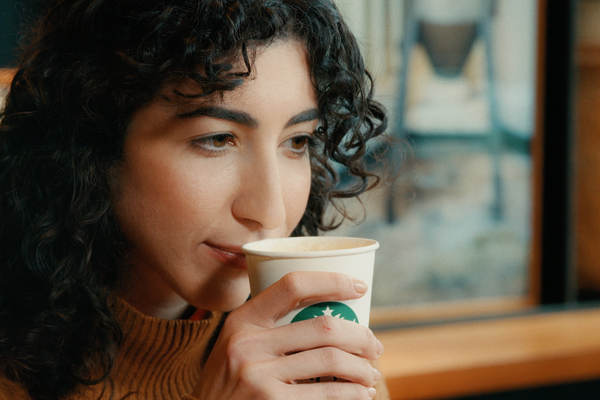
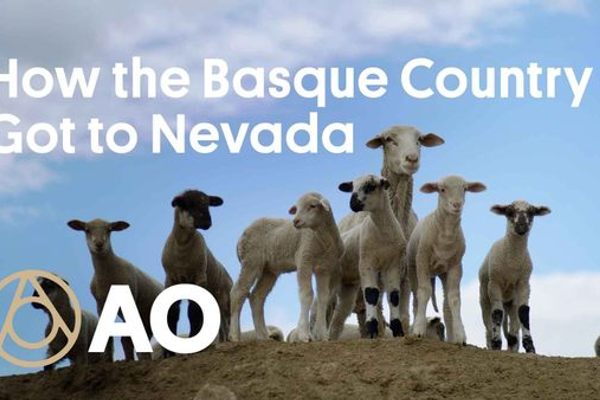
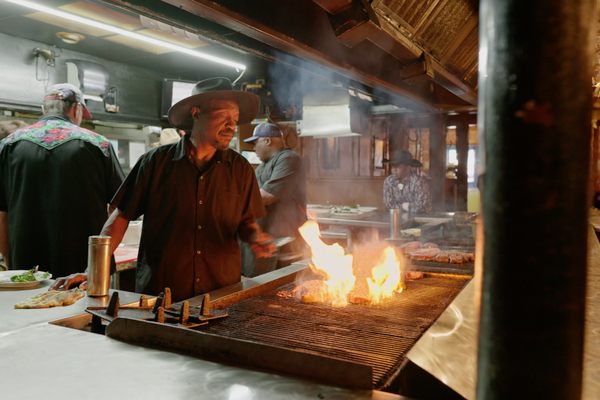
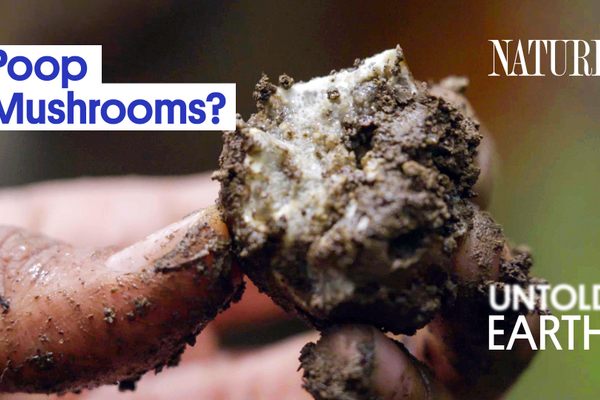







Follow us on Twitter to get the latest on the world's hidden wonders.
Like us on Facebook to get the latest on the world's hidden wonders.
Follow us on Twitter Like us on Facebook